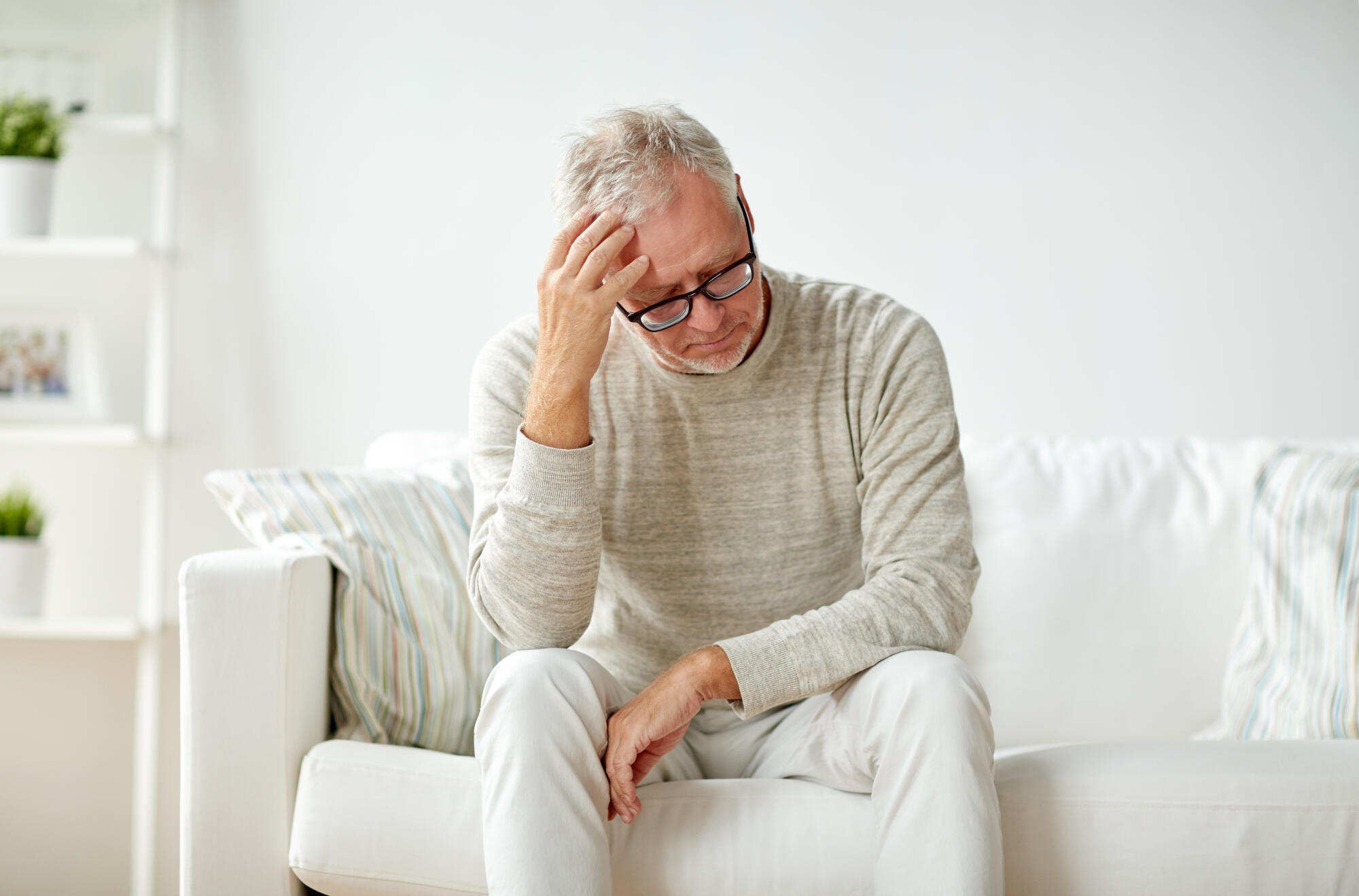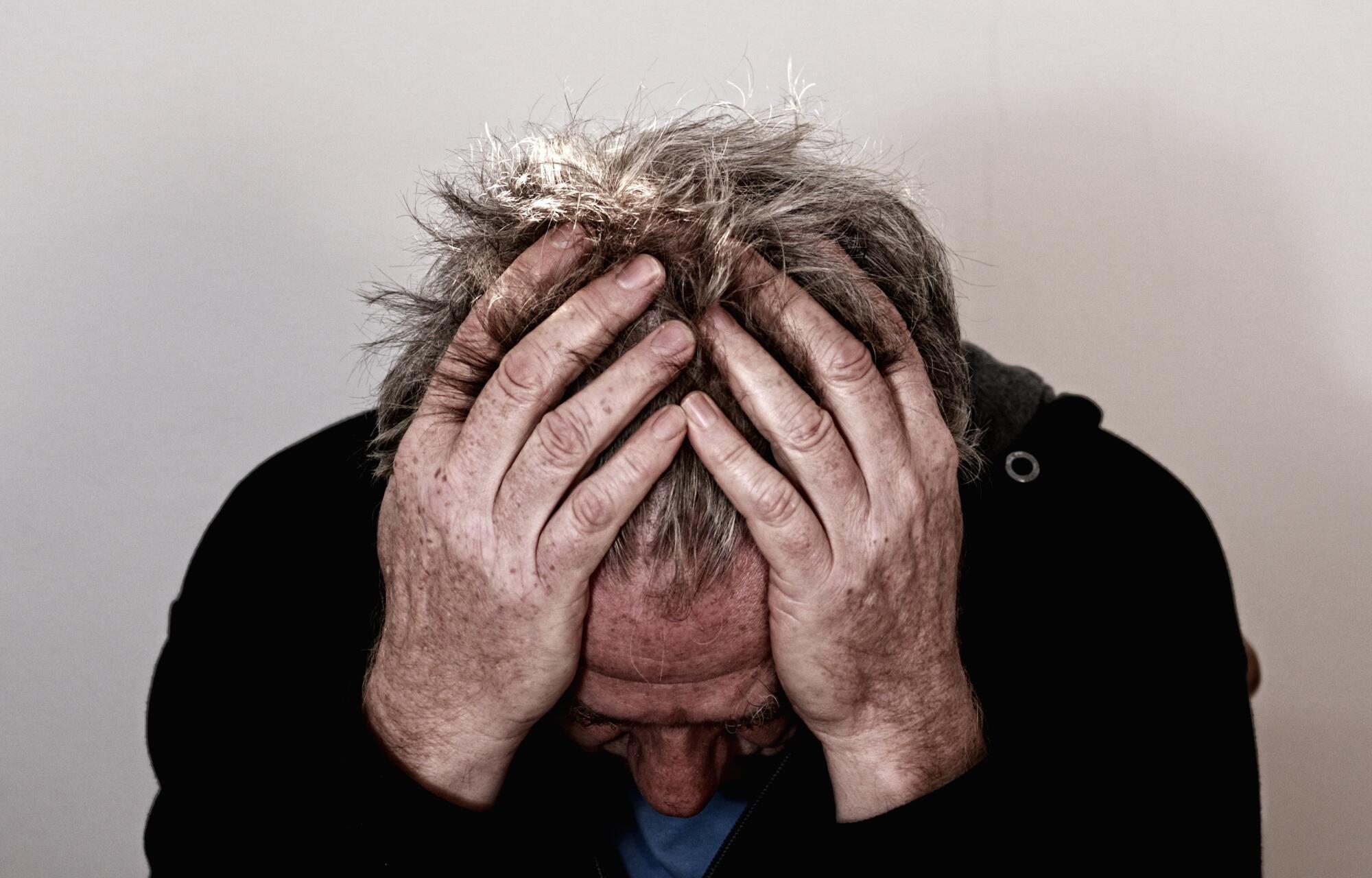
The Painfully Slow Clap: How to Find a Gonorrhea Treatment Fast

Gonorrhea (or the clap) is the 2nd most common sexually transmitted disease in the United States after chlamydia. There are an estimated 820,000 new cases of gonorrhea every year in the U.S., and 1.7 million cases globally.
Luckily, gonorrhea treatment is accessible, quick and relatively pain-free. The worst part is telling your partner(s) about the infection, but if caught and treated early, it’s easy to get rid of.
If left untreated, gonorrhea can cause serious health concerns including infertility, pelvic inflammatory disease, and can increase the risk of contracting HIV. Keep reading for information on symptoms, treatment, and prevention.
What is Gonorrhea?
Gonorrhea is a bacterial infection caused by an overgrowth of a bacterium called Neisseria gonorrhoeae. The bacteria appear in vaginal or penile discharge and is spread by sexual intercourse.
The infection can spread vaginally, anally, or orally. Despite rumors, you cannot get gonorrhea from a toilet seat, as the bacteria cannot survive outside of the body. The bacteria can affect the throat, cervix, urethra, or rectum.
Symptoms
In many cases, neither men nor women experience any symptoms at all, making it difficult to diagnose. If symptoms do arise, it is usually within a week of contracting the infection.
Possible symptoms include pain or burning during urination and abnormal, yellow-colored vaginal or penile discharge. For men, symptoms can include pain and swelling of the testicles. For women, watch out for bleeding between periods.
Anal symptoms include pain when you have a bowel movement, discharge, and itching. Infections of the throat can be easy to miss, as they are often just a sore throat and mistaken for the beginning of a cold.
If any of these symptoms arise, it’s smart to get to the doctor as soon as possible to get tested. It’s better to be safe than sorry.
Diagnosis
Since many people do not experience any symptoms at all, the infection is hard to diagnose. In the United States, it’s estimated that over half of gonorrhea cases go unreported and untreated.
People who have multiple sexual partners, or have unprotected sex should get tested often. Doctors will test for the infection by urine tests or swab tests.
At-home test kits are available for women. The home tests consist of a vaginal swab kit that gets sent into the lab for assessment. You can get results by email, text or view them online.
Gonorrhea Treatment
Gonorrhea is easily treatable with antibiotics. The two most commonly prescribed antibiotics are ceftriaxone along with either azithromycin or doxycycline. Uncomplicated cases can get treated by ciprofloxacin.
Ceftriaxone is administered by a one-time injection. Azithromycin, doxycycline, and ciprofloxacin are taken orally.
In more severe cases, one round of antibiotics might not be enough. In this case, your doctor might prescribe them for a week or more longer. In most cases, the infection should clear up within 7 days after treatment is complete.
It’s important to note that antibiotics for gonorrhea stop the infection, but will not reverse any permanent damage done. So, it’s important to get tested frequently and ensure you and your partner(s) receive treatment right away.
Make sure to take all of your medication until the end of the prescribed cycle. Even if symptoms go away, the infection will stay in your body until the antibiotic cycle is complete.
It’s advised to wait at least 7 days before having sex again after treatment, and to always practice safe sex. Most doctors will recommend going back in 3 months to be tested again, to ensure the infection is gone.
Some forms of gonorrhea don’t respond to antibiotics due to antibiotic resistance of the bacteria. Known as super gonorrhea, this resistant form of the infection has become more common in recent years.
If symptoms persist, or if the infection is not gone at the 3-month check, doctors will prescribe a different medication, administered over a longer course.
If Left Untreated
Due to the ease, accessibility, and efficiency of treatment, there is no reason gonorrhea should be left untreated.
If you’re having regular sex with multiple partners, or you have any unprotected sex at all, you should be getting tested regularly. If you don’t, you could contract gonorrhea without knowing it and unknowingly spread the infection.
If left untreated in women, gonorrhea can spread to the uterus and fallopian tubes, causing pelvic inflammatory disease (PID). PID can cause permanent damage leading to chronic pain, infertility, and ectopic pregnancy.
Gonorrhea can also pass from pregnant women to their babies, which can cause blindness, joint infections, blood infections or even death.
In men, untreated gonorrhea can cause severe chronic pain in the testicles and in some cases, can lead to infertility. The infection can increase men and women’s risk of contracting and spreading HIV.
Prevention
Many experts say the most effective way to prevent gonorrhea is to not have sex at all. But we all know this is not realistic advice, as most people will have sex at some point in their lives.
If you have regular sex, especially with multiple partners, make sure to use condoms. Safe sex and regular testing are the best ways to prevent gonorrhea and other sexually transmitted diseases.
If you do find out that you have gonorrhea, the most important thing is not to have sex with anyone until your cycle of antibiotics is complete. Make sure to tell your partner(s) both past and present to avoid giving it back and forth and spreading it to others.
To Summarize
Gonorrhea is a common sexually transmitted bacterial infection that is easy to treat. It affects millions of people worldwide and hundreds of thousands in the United States per year. If you get diagnosed, there’s no reason to flip out.
Go to the doctor as soon as possible, get the antibiotics, practice safe sex in the future and you’ll be fine. Though the conversation(s) you will have with your partner(s) could be uncomfortable, it’s better to bite the bullet and get it dealt with.
Remember, you’re not alone. Visit our online service center for more information about gonorrhea treatment and make sure to practice safe and responsible sex.
Related Posts

